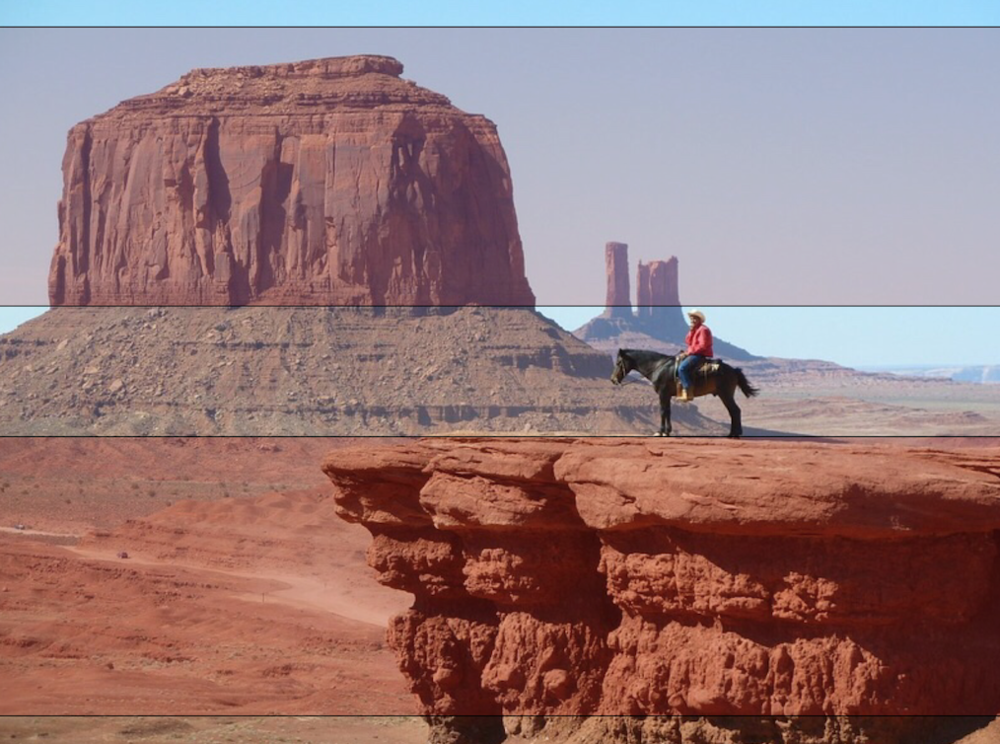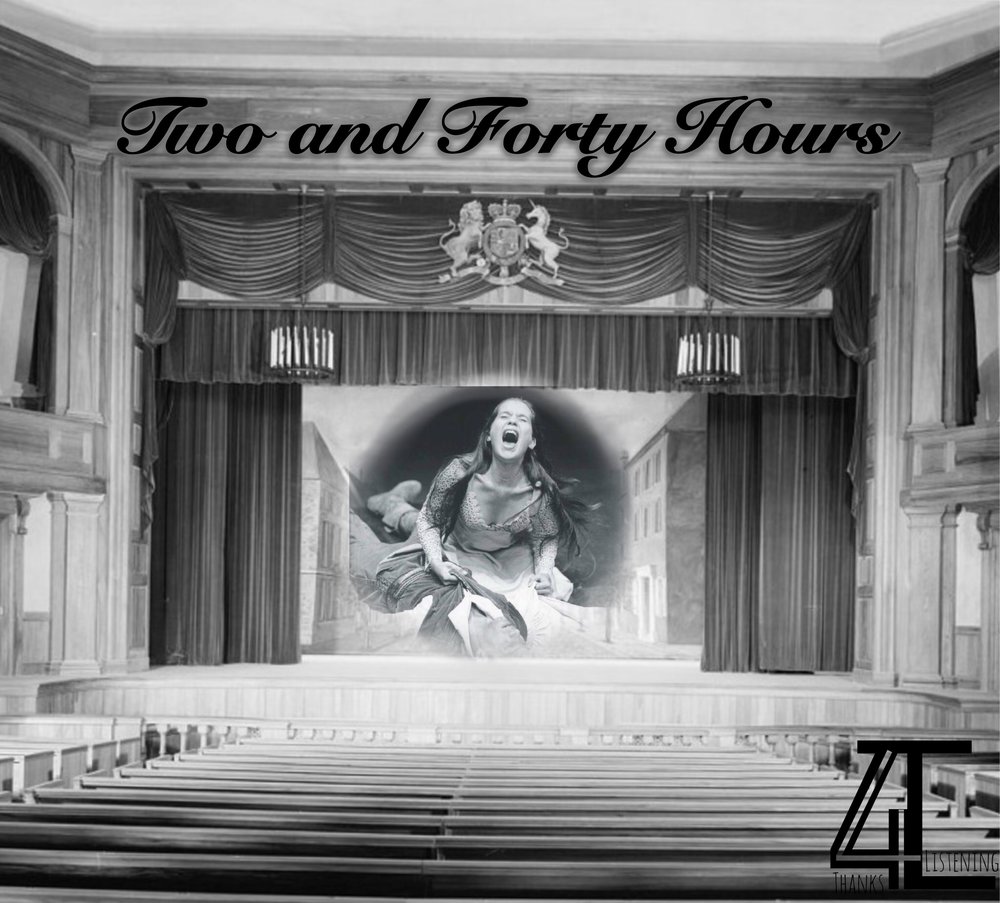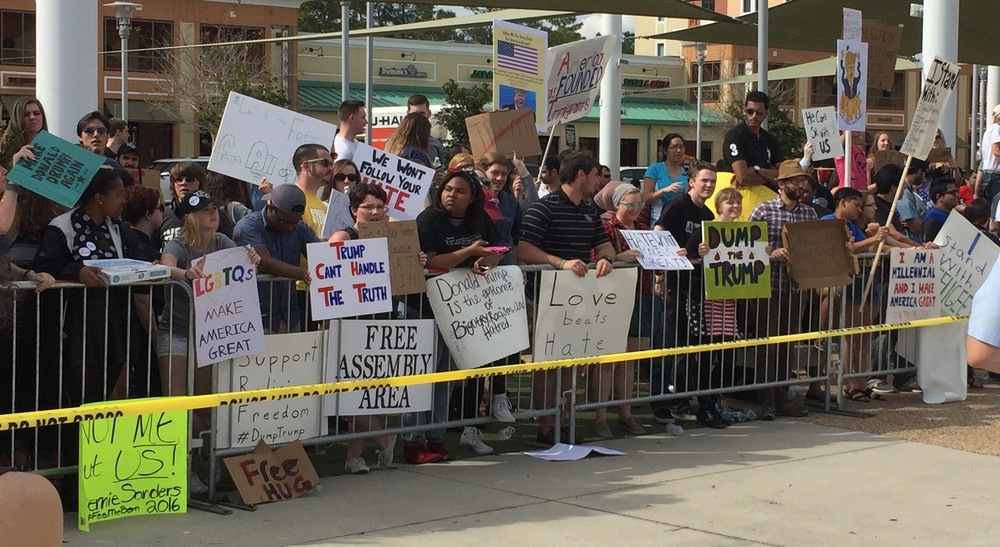Last year, on march 5th, 2016, Donald Trump came to the University of Central Florida, in Orlando for a rally. At this time of the primary, Trump was still a long shot for winning the Republican nomination and an even longer shot for winning the presidency — that he won both was a surprise to everyone — to many, it was a horror. Trump shook the political landscape, shook it till it fell away in tatters — he defeated the other candidates — playing brash, playing with an unkempt style… playing dirty.
What happens next, we don’t know. He’s already shaken the core of democratic values by calling the free press his enemy, by making his “us or them” rhetoric policy. There has been signs of resistance, people showing that this rhetoric, these policies will not define the country and that people are welcome — that everyone is welcome.
But why did he win?
There are a number of theories. Some point to Clinton’s failures, her loss among the states that were her firewall; others point to the “silent Trump” supporter; some (many really) talk about the Russian’s meddling; or the Comey Letter.
But do these really answer the question? Do these questions really help in understanding how he won? Do these help in understanding the people who voted for him?
No, I don’t think these questions help us in understanding the voters who voted.
To understand something is not a way of accepting it. To understand why something happened is not a way of condoning acts of bigotry.
I hope this is useful to those who have yet to accept this election and who still don’t understand. That night, after he won, I was in shock as many were — I tried to grasp what happened, understand how he — how such a divisive candidate, who ran such a divisive run, with such divisive rhetoric, could have won.
When I did these interviews — when I did this interview — there was one sentence that I could not shake. I recalled it that night when the results were rolling in:
“He’s a shot in the dark.”
This episode of Thanks4Listening is a revisit to the first episode of Thanks4Listening, a rewriting of the episode — a year after it was posted. I hope this helps.
As always, thanks for listening.




